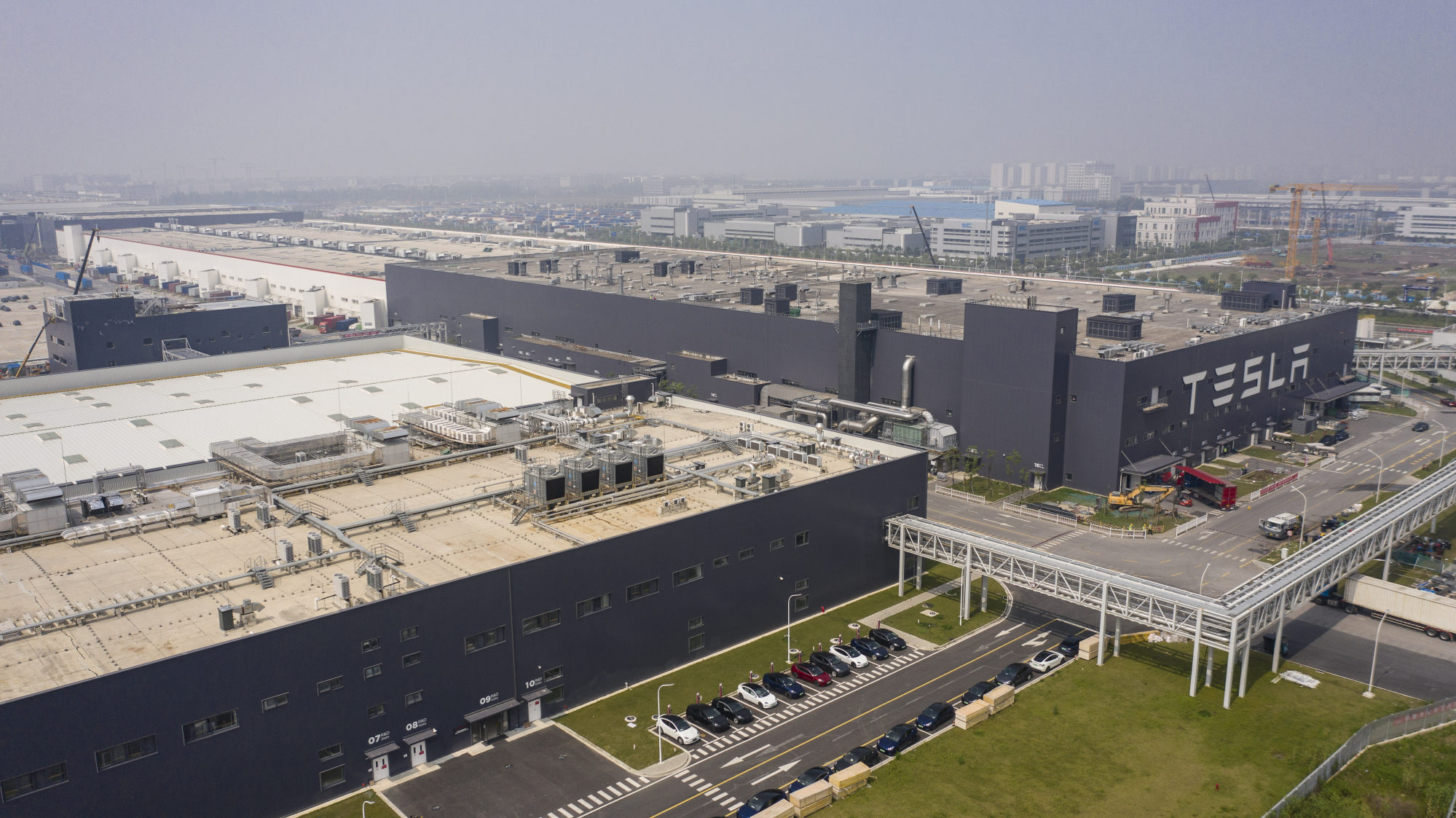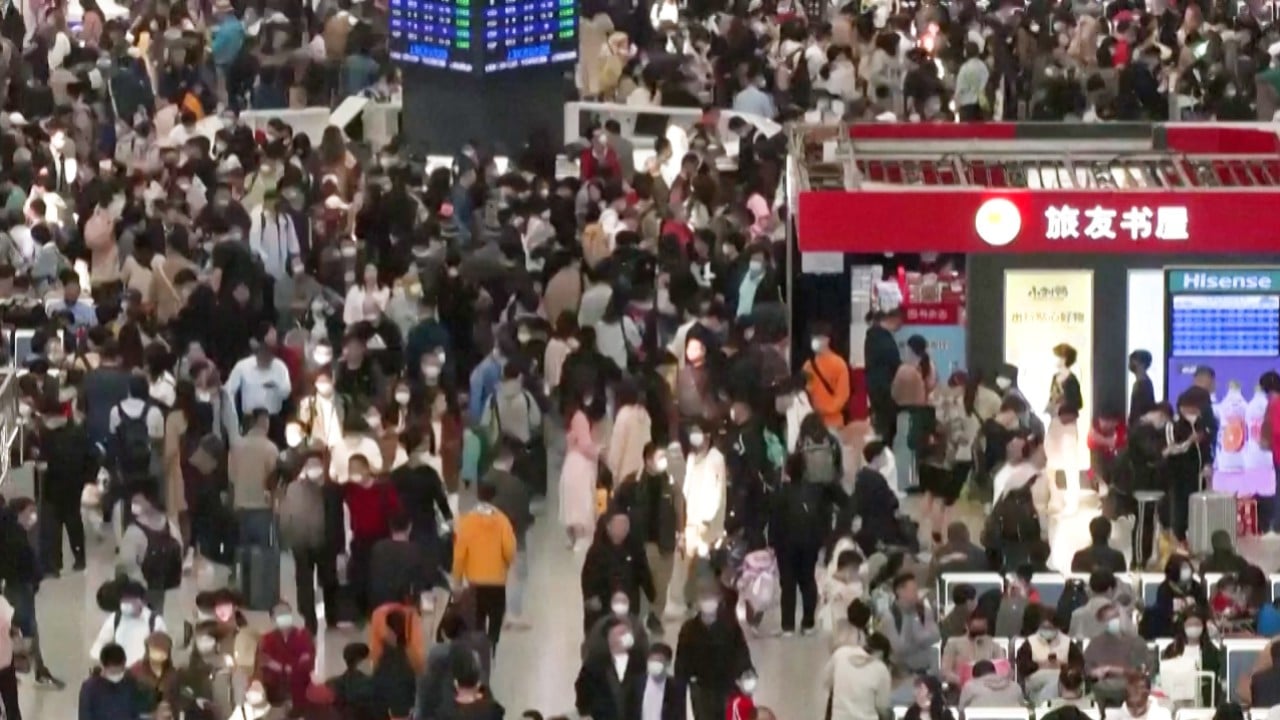Advertisement
In retail real estate, the food and beverage sector is booming following the reopening of the economy, accounting for more than 40 per cent of new store openings in major Tier 1 and 2 cities last quarter, according to CBRE.
However, it is the segments of the commercial market closely aligned with Beijing’s policy priorities – boosting cutting-edge manufacturing, investing in technological innovation, accelerating the deployment of renewables and developing rental housing – that are performing best and attracting significant interest from investors.
Advertisement
Tech-enabled real estate is a major theme in property markets the world over, but it has a strong geopolitical dimension in China because of the government’s self-sufficiency drive aimed at turning the country into a technological superpower.
Shanghai unlikely to lower guard despite Beijing’s property easing policies
Shanghai unlikely to lower guard despite Beijing’s property easing policies
The combination of strong demand and an acute shortage of investible assets underpins the strong fundamentals of “new economy” real estate.
Advertisement
“China is trying to create its own R&D ecosystem,” said Henry Chin, head of Asia-Pacific research at CBRE. “There’s a strong correlation between the performance of science parks and the strategic ambitions of the government.”

Advertisement
The combination of demographic shifts and changes in lifestyle preferences, supportive government policies, and an underdeveloped market offering huge scope for growth, is attracting investment from major domestic and foreign groups.
Moreover, the institutionalisation of China’s rental apartment sector coincides with the financialisation of real estate as regulators widen the range of “Reit-able” assets to include traditional types of property, bringing China closer to a conventional listed Reit market.
In a report published in May, S&P Global Ratings said China’s infrastructure-focused Reit market – which includes affordable rental housing trusts – could “create a virtuous circle” by providing institutional investors with “high quality and stable income”. Tammy Tang, managing director, China, at Colliers in Shanghai, said the establishment of a Reit market was “a game-changer for the industry, with valuations based on income performance”.
Advertisement
The prospects for China’s housing market are undeniably bleak. Yet, the strong performance and bright outlook for parts of the commercial property market inspire confidence. A discriminating assessment of Chinese real estate has never been more important.
Nicholas Spiro is a partner at Lauressa Advisory
Advertisement
Bagikan Berita Ini















0 Response to "China’s property crisis: commercial sector is bucking the trend - South China Morning Post"
Post a Comment